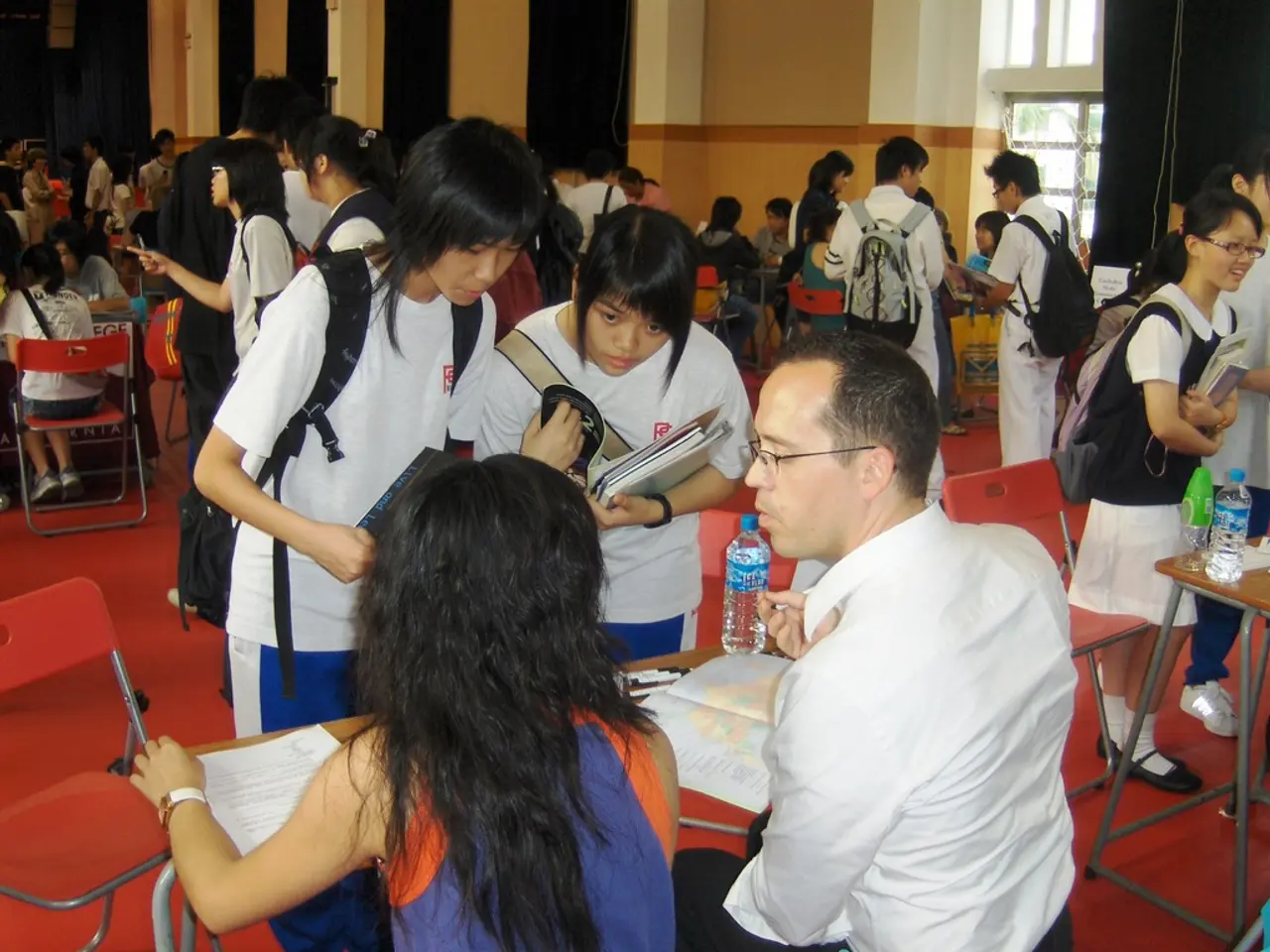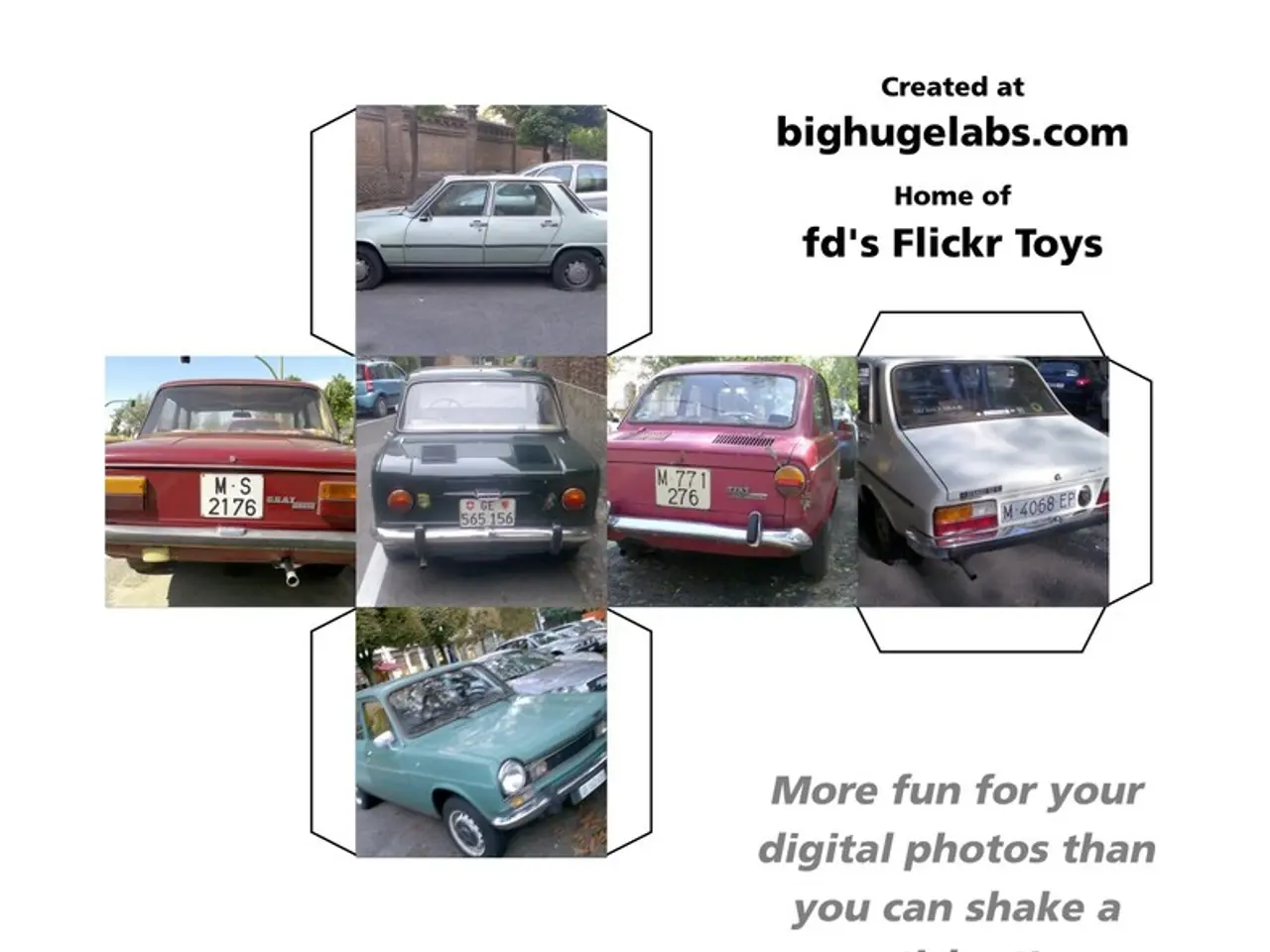DRC Files Lawsuit Against Apple for Blood Minerals Use, Claims Evidence of Guilt
The Democratic Republic of Congo (DRC) has taken legal action against Apple and its subsidiaries, accusing them of using conflict minerals sourced from war zones and hazardous mining operations within their supply chain. The DRC alleges that Apple benefits from minerals mined under exploitative conditions, involving child labor, human rights abuses, and armed conflicts in the region.
Key evidence and context include:
- Amnesty International Report (2016): Linked Apple suppliers to cobalt mining involving children as young as seven in the DRC, exposing Apple’s supply chain to serious human rights violations.
- Legal Actions: Since 2019, there have been lawsuits in which Apple, alongside other large tech companies, was named over the sourcing of cobalt from artisanal mines known for child labor and unsafe conditions. However, some legal claims were dismissed on procedural grounds.
- Corporate Responses: Apple reportedly intended to stop purchasing cobalt from the DRC until improved mining conditions were established. Apple is also a member of the Responsible Minerals Initiative (RMI), aiming to eliminate child labor and abuses in mineral supply chains, but investigations found audits lacking site visits and meaningful impact.
- Mining Conditions in the DRC: The cobalt and other mineral mining industry in the DRC is a mix of large industrial and widespread artisanal mining, often under hazardous and exploitative conditions, including child labor and conflict financing. The artisanal mines implicated in these allegations frequently operate under dangerous and unregulated environments.
- Recent Legal and Political Developments: In 2024 and 2025, the Congolese government formally threatened legal action and filed lawsuits in Europe against Apple subsidiaries, indicating escalating pressure and new evidence linking Apple to conflict areas.
- Supply Chain Impact: The lawsuits against Apple highlight the wider impact of conflict minerals on human rights abuses and armed conflict financing in the DRC. These impacts fuel instability and suffering in the region while implicating major multinational corporations through their mineral sourcing practices.
Meanwhile, in Zimbabwe, artisanal miners frequently perish in shoddily constructed mines, and the environmental damage inflicted by mining activities is not balanced out by the smuggled minerals and deaths involved. The country's agricultural output has dwindled, leading Zimbabwe to rely more on mining for its sustenance.
Rwanda too denies these allegations, stating that it adheres to international standards for mineral trade. Apple has disputed the claims, stating that, as conflict in the region escalated earlier this year, they notified their suppliers to suspend sourcing tin, tantalum, tungsten, and gold from the DRC and Rwanda.
The DRC claims that Apple's supply chain is contaminated by blood minerals, which are minerals mined under conditions of severe human rights abuses, violence, or environmental degradation. The DRC has filed criminal complaints against subsidiaries of Apple in France and Belgium, accusing it of using conflict minerals.
In conclusion, Apple faces serious allegations from the DRC regarding its indirect involvement in sourcing conflict minerals and cobalt mined under exploitative, violent, and unethical conditions. The lawsuits reflect ongoing scrutiny of Apple’s supply chain ethics and the broader challenges of responsible mineral sourcing in conflict-affected regions.
- The DRC has filed criminal complaints against Apple subsidiaries in France and Belgium, alleging that Apple's technology supply chain is contaminated by blood minerals, mined under severe human rights abuses, violence, or environmental degradation.
- Despite the intense focus on sports and technology, concerns about ethical sourcing have emerged, as the DRC accuses Apple of using conflict minerals, sourced from war zones and hazardous mining operations, which finance armed conflicts and involve child labor and human rights abuses.




